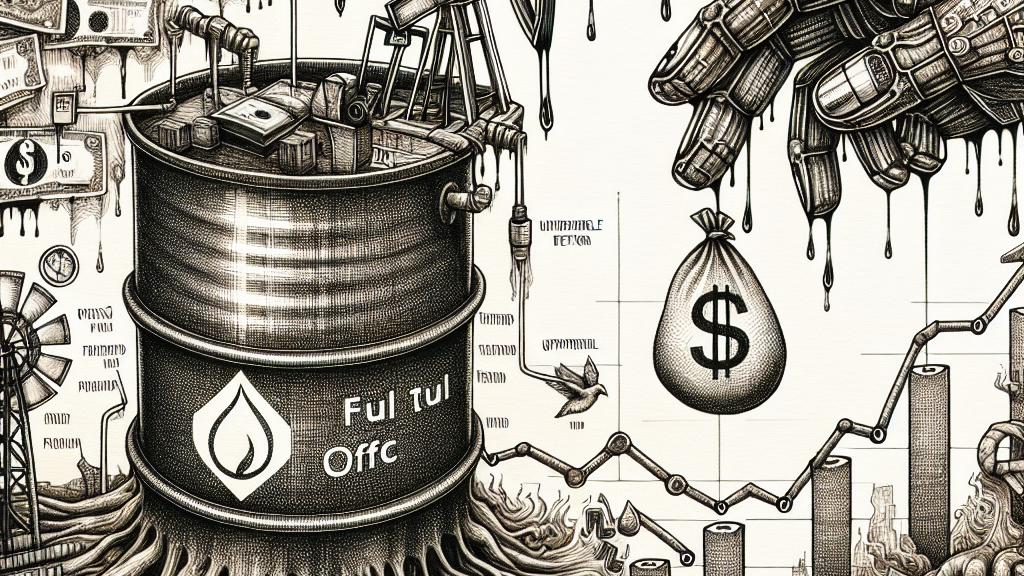Offo's Daring Revamp: Striking a Balance Before the Barrel Runs Dry!
Overview
- Offo grapples with enormous losses and crippling debts from extensive subsidies.
- Planned reforms emphasize targeted aid for specific vulnerable groups.
- Global oil price fluctuations and past policies pose a threat to financial stability.

Understanding the Crisis: Offo's Financial Distress in Thailand
In Thailand, the Oil Fuel Fund Office (Offo) is encountering significant financial distress largely due to years of heavy subsidies aimed at stabilizing oil and gas prices. These subsidies, initially conceived to support consumers during volatile market periods, have led to catastrophic losses for the fund, dwindling its reserves from a healthy 30 billion baht to a staggering debt status by incurring over 130 billion baht in payouts in 2022 alone. This financial misstep has raised alarms among Thai authorities, especially as the global oil market continues to fluctuate due to geopolitical events like the Russia-Ukraine conflict. Recognizing this untenable situation, there is an urgent need to amend the 2019 Offo Act to more effectively manage and fortify the fund while preparing for a transition towards more sustainable practices.
Targeted Assistance: A Strategic Shift Towards Sustainable Support
In light of the significant financial strain caused by universal subsidy programs, Offo is now pivoting towards a strategy centered on targeted assistance for specific vulnerable populations. Instead of continuing with blanket subsidies that drain the fund, the new approach will focus on helping essential groups such as street vendors, low-income transport operators, and communities facing the brunt of rising fuel costs. The rationale is clear: not all fuel users require subsidies, and by concentrating on those in genuine need, Offo can minimize debt while maximizing the efficacy of its assistance. This strategic adjustment echoes the practices of the national oil and gas conglomerate PTT Plc, which has successfully implemented selective subsidy measures. The future focus on targeted aid is expected to reshape the framework of governmental support, ensuring that those who truly depend on it receive the assistance they require without placing undue strain on the fund.
Long-Term Impacts and the Importance of Effective Policy Design
The consequences of ongoing fossil fuel subsidies reach far beyond immediate financial implications, extending into the realms of environmental sustainability and social equity. The current energy crisis is pushing millions into extreme poverty, underscoring the necessity for well-structured energy assistance programs that directly target those hardest hit. Policymakers face a critical task: to define what constitutes a 'fuel price crisis' clearly and to craft robust criteria for when and how to implement state subsidies. A balanced approach that considers both short-term necessities and long-term sustainability goals will be pivotal for Thailand as it navigates the complexities of fluctuating global energy prices. By shifting to targeted assistance while promoting energy efficiency, Thailand can better position itself for a sustainable energy future, avoiding past pitfalls of indiscriminate subsidy programs that ultimately led to financial peril.

Loading...